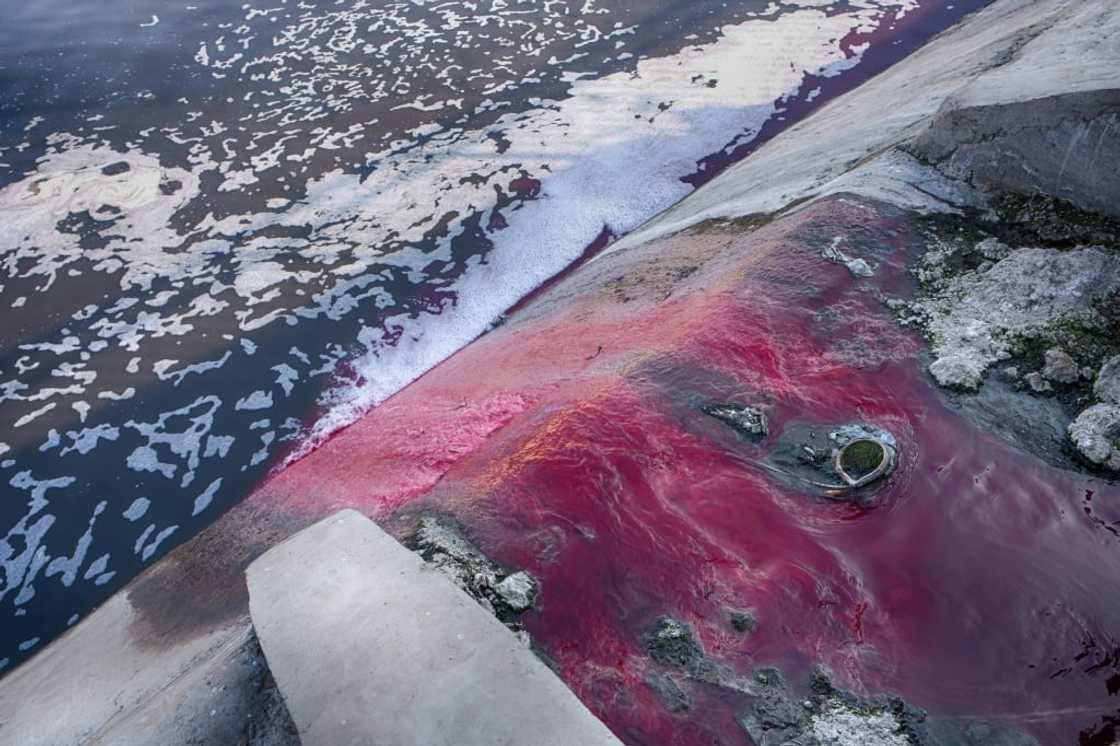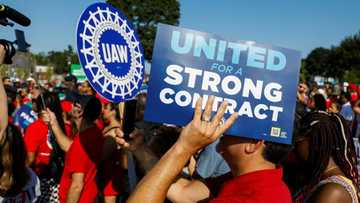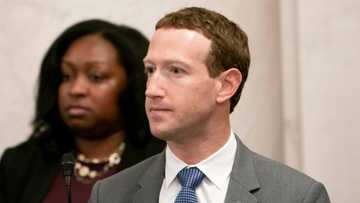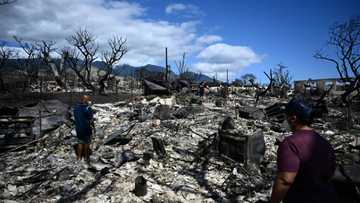'Data is always missing': checking corporate ethical claims

Source: AFP
PAY ATTENTION: Have you recorded a funny video or filmed the moment of fame, cool dance, or something bizarre? Inbox your personal video on our Facebook page!
As global corporations face increasing pressure to report their ethical and environmental credentials, it is spurring a booming industry in businesses looking to verify these corporate claims.
Corporate Social Responsiblity (CSR) has become a key part of financial reporting for many companies, requiring businesses to asses their social and environmental impacts instead of just focusing on economic profits.
At the beginning of 2023, the EU implemented a Corporate Sustainability Reporting Directive, which demanded all large companies report on the impact of their business on people and the environment.
More stringent regulatory frameworks are also taking shape in the United States and through the International Sustainability Standards Board (ISSB), which sets standards for climate-related financial disclosure.
Sylvain Guyoton, director of evaluations and methods at sustainability ratings group EcoVadis, said there is now a "regulatory wave" in this field.
EcoVadis is one of the companies working to verify ethical claims, and says it has rated more than 120,000 companies so far.
PAY ATTENTION: Follow us on Instagram - get the most important news directly in your favourite app!
Tools that already exist include the Higg Index, which assesses the sustainability of the value chain to judge water use, carbon emissions and labour conditions, among others.
American company Worldly said it has been using artificial intelligence (AI) to authenticate corporate claims, particularly in the apparel and textile industries.
"AI helps us to know whether a subcontractor provides valid information," said John Armstrong, chief technology officer at Worldly.
"When it comes to human rights, AI will lead us in the right direction: if a statement is not precise or there are detected anomalies, we're going to take a closer look," he said.
He said more and more companies are looking to leverage technology to help validate corporate claims.
"Everyone is looking to leverage AI, and there is competition."
The Australian firm Givvable launched into the niche field two years ago, targeting companies that use a lot of sub-contractors and complex supply chains.
"We can't just be sending everyone surveys and questionnaires and in fact, the market knows how inefficient and ineffective those sorts of things are," said Givvable co-founder Frances Atkins, adding that the aim is to take responsibility for self-assessment away from the companies themselves.
"Our clients are mid-cap to large-cap businesses, because they usually have lots of suppliers, and it becomes a bit difficult to try to do due diligence without technology," she said.
'Better than having nothing'
French company Tilkal, created in 2019, also uses AI to verify CSR claims, and says it has built a blockchain network dedicated to the supply chain and its impact.
Sectors they have worked in include textiles, cosmetics, honey, milk and cocoa.
"Most of the time, companies today do not know who their subcontractors' subcontractors are," said co-founder Matthieu Hug.
But he warns that "when we don't know what is happening, there is a risk that it will not be a good thing."
Tilkal collects data from within the supply chain and tries to track down grey areas.
"We look for inconsistences, raise alerts and tell our clients when they must check this point in this place with their subcontractors," Hug said.
But he warns that "data is always missing" -- particularly when dealing with factories and suppliers thousands of kilometres away where countries might not have the same focus on human rights.
"But it's much better than having nothing at all."
The methodologies used to measures CSR can always be called into question, with experts saying some companies have not lived up to their favourable ratings.
New regulations should help to solve problems of divergent ratings to some extent, said Guyoton, but it is still going to be reliant on the efforts of companies.
"The rating...makes it possible to specify where the risks are and to guide the action needed, but it is not the entire solution," he added.
PAY ATTENTION: Сheck out news that is picked exactly for YOU ➡️ click on “Recommended for you” and enjoy!
Source: AFP




